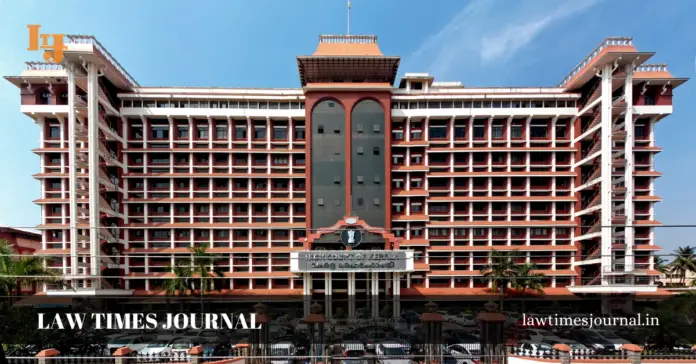
On 18 January the Kerala High Court directed the State Government to ensure the continuous supply of ration articles and any other benefits available by law to members of the Tribal Community residing at Edamalakudy in Idukki.
Furthermore, the Bench of Chief Justice S. Manikumar and Justice Shaji P. Chali directed the State Government to explore the possibility of making a road to the tribal colonies, to facilitate the simple and convenient supply of ration articles and other items required for the tribals’ essential beneficial enjoyment and to ensure their medical requirements.
In a suo motu case initiated on the basis of a letter from the former High Court Judge, Justice B. Kamal Pasha, these guidelines were passed. In the year 2016, the letter was written on the basis of a representation rendered by the office bearers of an entity allegedly registered with the NCT New Delhi government.
The colonies of Edamalakudy in Idukki will remain isolated during the monsoon season, according to the representation thus made, and hunger deaths often take place during these periods and it was also alleged that no government agencies would visit the said colonies. The Idukki District Legal Services Authority was further requested to investigate the allegations made by the NGO.
The DLSA reported numerous irregularities in the supply of ration articles and pointed out in its study the difficulties encountered by the authorities in transporting ration articles to the tribal colonies due to the difficult and challenging terrain in the hilly region of the Idukki District.
Satisfying itself that the State Government and the Departments have taken the requisite steps to ensure that adequate ration items are supplied to the tribals, the Court noted that there are difficulties in transporting the articles.
The Court observed,
“Even though steps were taken to make roads by the Government and the officials, the road so made could not be completed up to the tribal colonies, which according to the learned Senior Government Pleader, is due to the fact that making a road through such a difficult and tough terrain is practically impossible, but every endeavor shall be made to explore the possibility of making a small road, in order to transport the ration articles and other things to the tribals”.
Finally, by directing the State Government and the official respondents to ensure the uninterrupted provision of the ration article and any other benefits available under law to the members of the tribal colonies mentioned above, the writ petition was disposed of.








